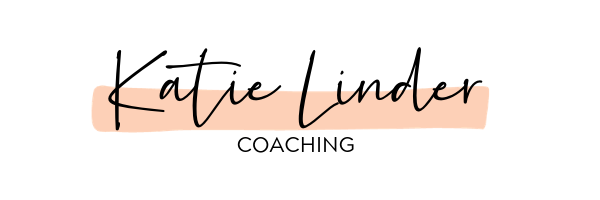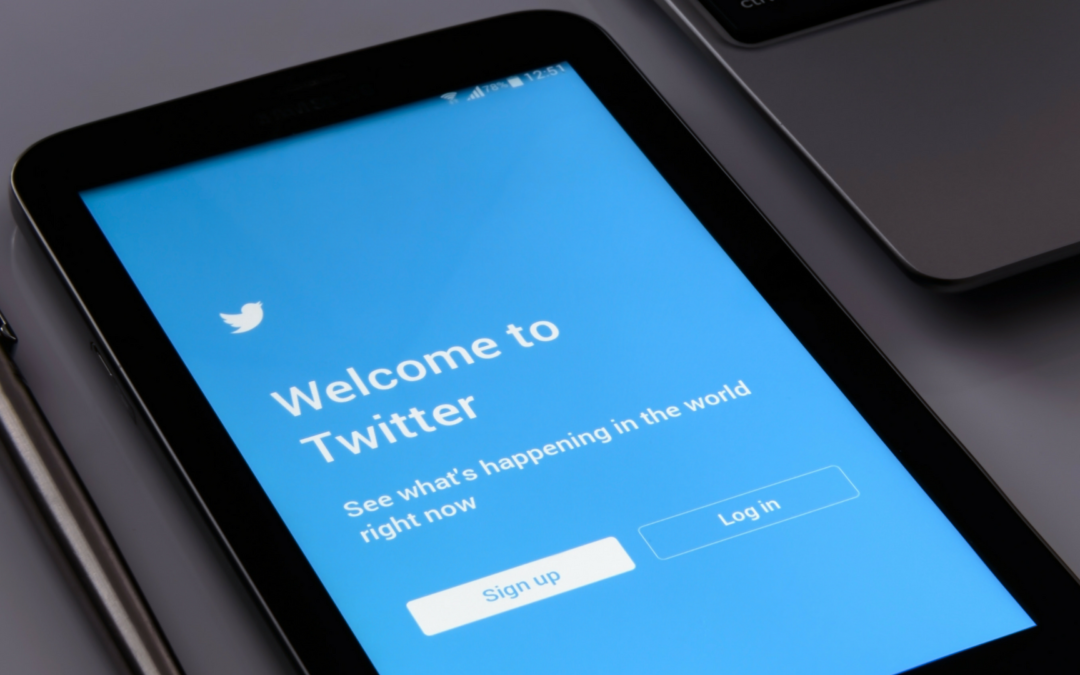As I research my forthcoming book on managing one’s professional identity online, I’ve come across several common mistakes that people make with their professional online presence, often without being aware of them. Although the book focuses on the professional online identities of academics and higher education professionals, many of the common mistakes I talk a about here are broadly applicable.
The nice thing? Most have simple fixes.
As you read through the following, consider if any of these might apply to you:
- People can’t find you. This is particularly challenging if you have a common name, if you are reticent to post images of yourself online, or if you don’t have a “home base” or professional website where search engines can easily locate you.
Simple test: Google your name and see what comes up. Try also searching for your name alongside your institutional (for academics) or company (for pretty much everyone else) affiliation. If your search results are buried, this area might need some work.
The fix: Create a home base and link to it from all your other online profiles. (Even if you don’t have your own website, you can pick a platform like LinkedIn to be your home base.) Use a consistent name and image of yourself online so that you become more easily searchable.
Example: my professional website
- People can’t find your projects. If you are known for a particular project (book, field of research, creative work, etc.) then people probably will want to learn more about it. The first place they will look? Online.
Simple test: Google your name alongside your project’s name and see what results are returned. Consider also searching some key words related to your project without your name so that you have a sense of how easily it can be found.
The fix: Create a website, or at minimum a web page, for all your major projects.
Example: the website for my most recent book
- People can’t find your CV or résumé. For academics, our main currency is publications, so that’s one of the most important things for people to find online. More generally, posting about your professional experience and accomplishments can lead to job offers.
Simple test: Is a recent version of your CV or résumé available online? Is it downloadable? Do you have a LinkedIn, Academia.edu, or ResearchGate account that shares information about your work experience and publications?
The fix: Create a professional profile on LinkedIn, Academia.edu, or ResearchGate and keep it updated. Add a downloadable PDF of your CV or résumé to your home base (you’ll want to keep that document updated, too).
Example: my LinkedIn profile, my Academia.edu profile, my ResearchGate profile
- People don’t know how to contact you. This is the most tragic mistake I see. If someone is trying to contact you and they can’t find your email address within one minute (or less) that can mean missed opportunities, lost connections, or, at the very least, frustrated colleagues.
Simple test: when you search your name on Google, click on the top results related to you and see if a contact email is listed. You can also search your name and “email” to see what comes up.
The fix: List your contact information on all the major social media platforms you use or link back to a home base where you can be easily contacted. (If you are concerned about bots, list your email as name[at]address[dot]com.)
Example: all my websites have contact information (see, for example, here)
- You have dormant profiles. There’s nothing more annoying than trying to find someone online only to come up with profiles that have clearly not been maintained for years. This digital clutter just makes it harder for people to know who you are as a professional and what’s currently important to you.
Simple test: When you search for your name, do old profiles pop up that you aren’t maintaining?
The fix: Delete old profiles that you aren’t using anymore. Clear out your digital clutter so people find the areas online that are most representative of your current professional life.
Example: for a long time, my Google+ account was dormant because I couldn’t delete it, so I decided to revive it by creating collections
If I’ve experienced these common mistakes when searching out colleagues, I’m sure that you have also. You may be realizing that many of these mistakes apply to your own online presence —as little as a year ago, I was guilty of several of the issues I’ve outlined above.
Like most other aspects of our professional lives, I’ve realized that a strong online presence requires consistency, purposefulness, and intentional thought about who we are as professionals and where we want to share that information in online settings.
Yes, it can take time to develop a professional online presence that you’re proud — or, at the very least, not embarrassed — to share, but that time is completely worth it. Just as we think about our professional appearance in face-to-face encounters, we should also be devoting energy to our online professional window dressings.
To think on:
- Is your professional presence online what you want it to be?
- What other common mistakes do you encounter when you engage with other professionals online?

